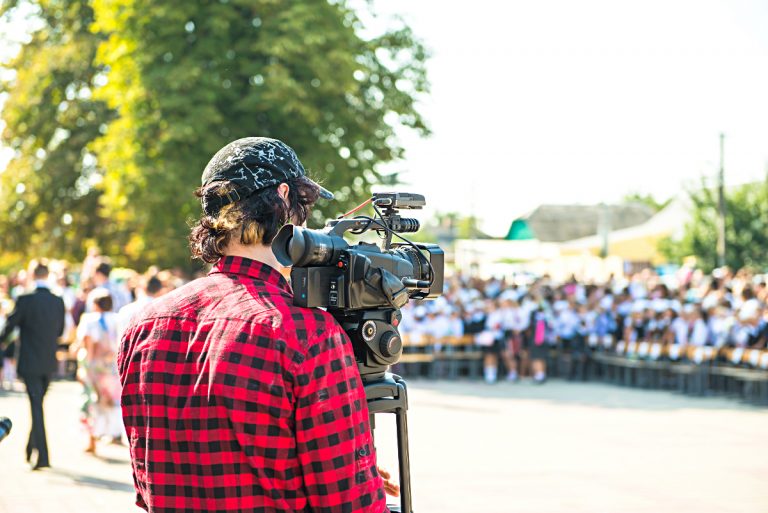
The list of degrees in the area of Film and Media is endless – Filmmaking, Film Production, Scriptwriting, Media Studies, Media Communication and Culture, Photography, Advertising, and even just a degree in Film and Media itself. These titles sound pretty straightforward, so you would think that students would know what to expect from them. But, this is not necessarily the case.
When thinking about which Film and Media degree you want to study, you really need to consider whether you are interested in a theoretical or practical degree, as this can affect your enjoyment of the course and your career prospects after you graduate. For example, if you really want to be a famous Hollywood director, but you enrol on to a course which focuses on Film Studies, then you really aren’t going to go very far. Read the guide below to find out which course is suitable for you:
Theoretical degrees

Courses which are based on theory aim to produce skilful graduates who have excellent critical thinking skills. If you enrol on to a course which is predominantly theory based, you will spend the majority of your time in lecture theatres and seminar rooms, listening to academics who will provide an in-depth overview of the topic at hand, followed by discussions with peers to dissect the subject in order to understand it further.
The beauty of theoretical courses in the creative industries is that generally, there is no right or wrong answer, and more often than not, your views and understanding of a topic will be different than that of your classmates, meaning that every piece you produce is truly unique. Being open to interpretation is essential, and as long as you evidence your work with existing research and adequate references, you will go far. Theoretical courses are particularly suited to students who want to pursue further education, in the form of a Masters or PhD.
Practical degrees

Practical degree courses are fairly self-explanatory. For example, if you study a Filmmaking course, you will make films. If a degree in Scriptwriting is more up your street, then be prepared to write lots of scripts. Of course, you will come across some theory; without it, you will not have the skills or understanding required to produce the final piece. But, as the main focus of the course will be practical work, you should expect to spend most of your time out and about collecting ideas for your assignments, followed by time spent in editing suites, darkrooms, or film studios.
If a career in the industry is what you’re looking for, then a practical degree would be your best option, as it will help equip you with the theoretical foundation and practical skills needed to break into the scene. By the time you finish your degree, you will also have a good portfolio of the work you’ve done during your studies as proof of your talent and range, which will prove useful.
Of course, some degree subjects contain a combination of theory and practice, particularly those which allow you to select from a list of optional modules, and an understanding of both is important to succeed in this industry. But it is vital that you spend time researching courses to find one with the right mix to ensure that the course will satisfy your needs.
Images via Unsplash and Shutterstock







